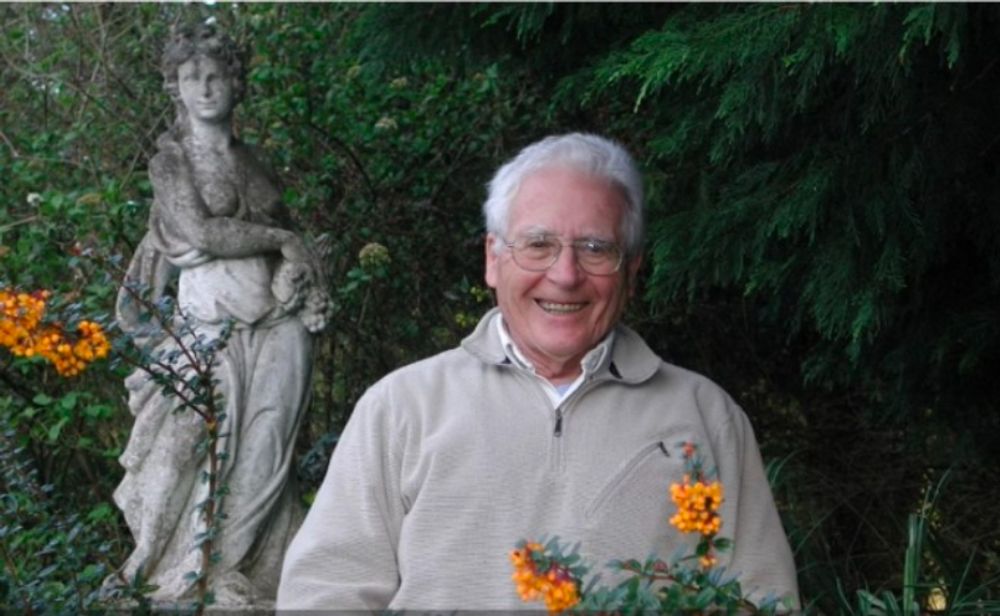

Lovelock, who discovered the creature- like nature of the Earth and named it "Gaia," died on July 26th, his 103rd birthday. 
It was the 1940s. Two young scientists at the National Institutes of Medicine (NIMR) in the United Kingdom conducted a thermal radiation experiment to "reduce the painful burns of soldiers exposed to lightning and fire." You will get burned by using the shaved skin of a living rabbit.
Then one of the young scientists, James Lovelock, began a new conceptual revolution in science. He later recalled:
"None of us were anti-vivisection anatomists, but the idea of burning even drugged rabbits was more than we could bear. Almost immediately I came to the same conclusion. We will have to burn ourselves. It was very painful at first. Then, surprisingly, about a week after the burn, the pain subsided and became a feeling of oppression rather than pain. Perhaps we were so interested in science that the excitement caused endorphins to flow and act as a natural painkiller. A tribute to Gaia"
James Lovelock, from a Quaker family, basically started out as a medical scientist. Although he was a NASA consultant, he was primarily an independent scientist and independent of businesses and government agencies. He had a home lab in Cornwall, England.
Sailing wasn't always going well.
In his 1950s, he survived several times by selling rare blood "every few weeks for $ 50 a pint to feed his family." To maintain his freedom as an "independent scientist," he invented and patented about 30 of them. They generated some income to support his science and family. One of his inventions capable of detecting elements of
chemicals helped scientists identify the presence and accumulation of pesticides in ecosystems, eventually leading to Rachel Carson's famous environmental classic. Silent Spring is writing.
In the 1960s, as a NASA consultant, Lovelock fulfilled his mission to discover the potential for life on other planets. He in particular he developed equipment for detecting signs of life when he landed on Mars (now in 1976). ). However, Lovelock suggested examining the dynamics of the planet's atmosphere rather than going there and fishing for life as a clear sign of whether life existed as a phenomenon on the planet. This was the first species of the Gaia hypothesis in Lovelock.
He later connected with the rebellious yet talented microbiologist Lynn Margulis (1938-2011). He was interested in the evolutionary pathways of unconventional symbiosis. When
Lovelock considered the entire living planet as a planetary phenomenon, Margris discovered such connections and pathways at the cellular level. They worked together immediately. James Lovelock writes:
"Lynn Margulis brought the biological body to my physicochemical bones. She has bravely supported Gaia, despite hostility from parts of the US scientific community-it can threaten her own reputation as a biologist."
From a fiercely independent scientist to a visionary challenger and changer in our view of the planet, life and evolution, James Lovelock represents the pure, indefinable fire that animates science. Gaia has not 'scientifically' proven that the Earth is 'alive', but it has become a sentiment that combines science with geoethics, art with mysticism.
Things came full circle when he died on July 26, 2022, on his 103rd birthday.




